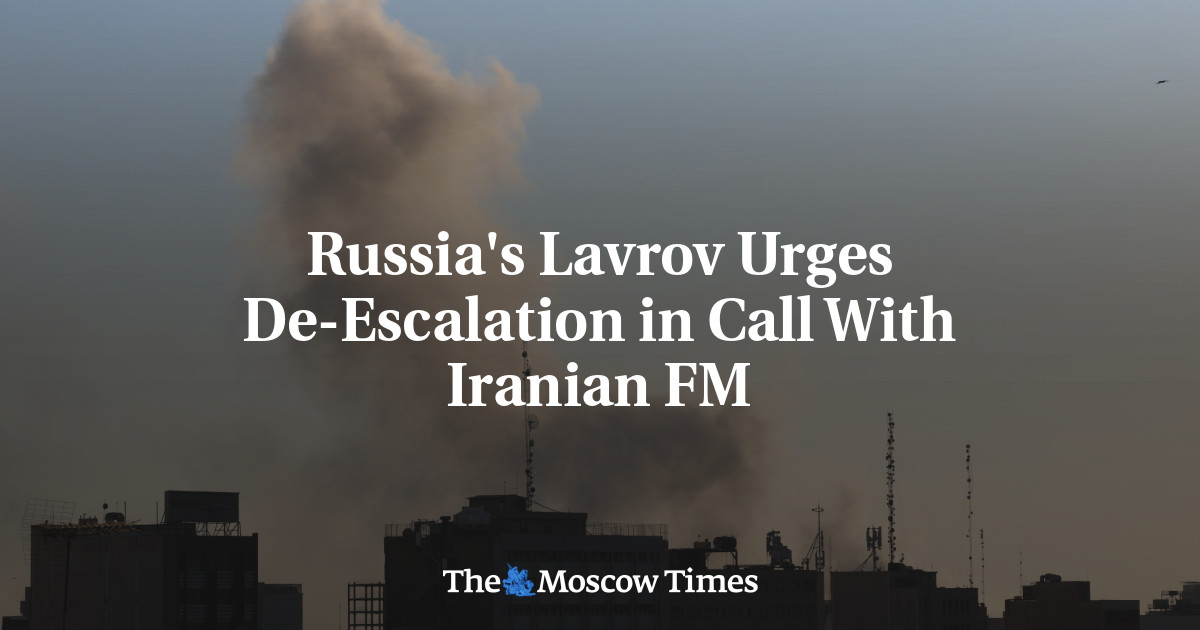Your weekly food shop is about to get even more expensive, scientists have warned – with extreme weather to blame.
Alternating periods of drought, extreme heat, and heavy rainfall are wreaking havoc for farmers in the UK and around the globe.
Now, a study conducted by the Energy & Climate Intelligence Unit (ECIU) has revealed how these conditions are trickling down to consumers.
According to their calculations, the prices for butter, beef, milk, coffee and chocolate prices have soared by a whopping 15.6 per cent over the past year.
Exactly how this will impact your yearly grocery bill remains unclear.
However, previous research has shown that extreme weather added £360 to the average Brit's bill between 2022 and 2023 — suggesting we could be in for a similar increase of several hundred pounds.
'While a higher minimum wage and national insurance contributions play a role in food price inflation, they don't explain why coffee, chocolate or butter prices are surging,' explained Chris Jaccarini, food and farming analyst at the ECIU.
'Climate shocks are a big factor for these products though, and until we reach net zero emissions and stabilise the climate, households will keep seeing prices rise.'
Extreme weather is set to add hundreds to your grocery bills as the price of beef, butter, milk, coffee, and chocolate soar by 15.6 per cent (stock image)
While the cost of most food and drinks rose by only 2.8 per cent this year, butter, beef, milk, coffee, and chocolate products saw huge spikes in price.
'Milk, butter, beef, chocolate, coffee and olive oil have all been hit by extreme weather and have all become much more expensive,' Mr Jaccarini said.
For milk, butter and beef, the price hikes were largely driven by poor grass growth, following England's second–worst harvest on record.
'Both butter and beef prices have been driven up by poor grass growth after a historically hot, dry summer, forcing farmers to rely more heavily on bought–in feed,' Mr Jaccarini said.
'At the same time, a virus outbreak in European dairy herds, which scientists warn is more likely due to climate change, has kept demand for British dairy high.'
Coffee and chocolate have surged in price thanks to extreme weather overseas.
After extreme heat and rainfall hit West Africa, the price for cocoa – essential for chocolate – more than tripled in the past three years.
Meanwhile, extreme weather in Brazil and Vietnam – two key coffee producing regions – saw the price of coffee reach a peak in March this year.
British shoppers have been shocked at the rising price of dairy products such as butter. But experts say costs are likely to increase further as climate change makes extreme weather more frequent
Why have butter, beef, milk, chocolate, and coffee soared in price?
For milk, butter and beef, the price hikes were largely driven by poor grass growth.
'Both butter and beef prices have been driven up by poor grass growth after a historically hot, dry summer, forcing farmers to rely more heavily on bought–in feed,' Mr Jaccarini said.
'At the same time, a virus outbreak in European dairy herds, which scientists warn is more likely due to climate change, has kept demand for British dairy high.'
Coffee and chocolate have surged thanks to extreme weather overseas.
After extreme heat and rainfall hit West Africa, the price for cocoa more than tripled in the past three years.
Meanwhile, extreme weather in Brazil and Vietnam saw the price of coffee reaching a peak in March this year.
Many Brits are already feeling the impact of these price increases, with shoppers flocking to social media to share just how little their money now gets them in most British supermarkets.
In one viral post, a TikTok user showed how packs of butter have become so costly that one London Aldi location has taken to putting them in anti–shoplifting bags.
Another shared a video of the Aldi meat aisle, complaining: 'Honestly can the UK give us a break – £7.15 for Aldi mince.'
Meanwhile, one furious user posted a photo showing one–kilogram packs of Lurpak spreadable butter being sold for £9.35 in Tesco.
'How are people genuinely affording £9.35, we're talking nearly £10 here people,' they asked.
Likewise, X user Karen (@mooramana), tweeted a photo on Sunday of four bags for life in the back of her car after a shop.
She wrote: '£98! At Aldi, no booze included and only meat is sliced for a sandwich and a chicken to roast. Six months ago this would have been £70! Cost of living is just ridiculous.'
While current inflation rates mean her shop would have really cost £93 one year ago, Karen was not alone in feeling ripped off by current prices.
Another posted a video of a shop with reduced labels on some products, saying: 'Am I being tight or is anyone else shocked that this came to £50.42?'
However, the researchers predict that consumers have only started to feel the impacts of these short–term shocks.
Mr Jaccarini told Daily Mail: 'Global price shocks don't hit supermarket shelves overnight.
'Because of this lag, the Bank of England expects food inflation to keep rising until the end of the year, peaking at around 5.5 per cent.
Based on the findings, the researchers are calling on the government to take urgent action.
Anna Taylor, Executive Director of the Food Foundation said: 'We are seeing the price of certain products being driven up by extreme weather.
'This is a worrying trend.
'Government must treat this as a food security issue, and take steps to build the resilience of farming and our supply chains to shocks, so we can better buffer them.
'Otherwise, the weekly shop will keep getting more unpredictable – and more unaffordable – for millions of households.'
 (1).png)
 4 months ago
19
4 months ago
19

















